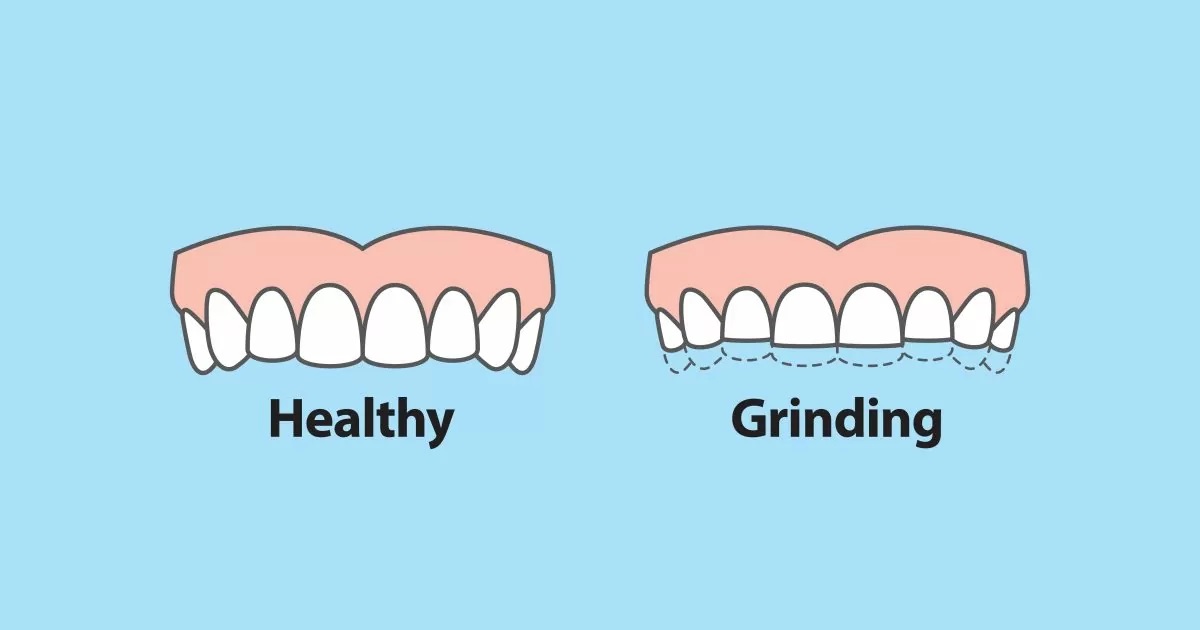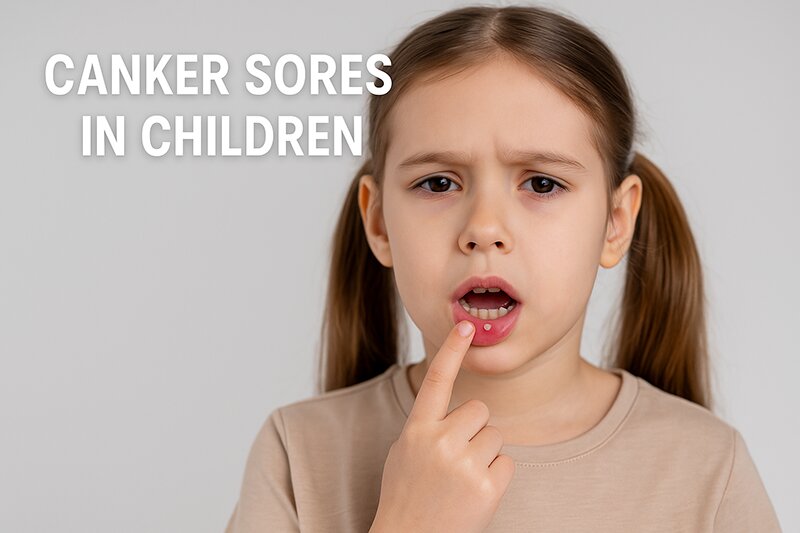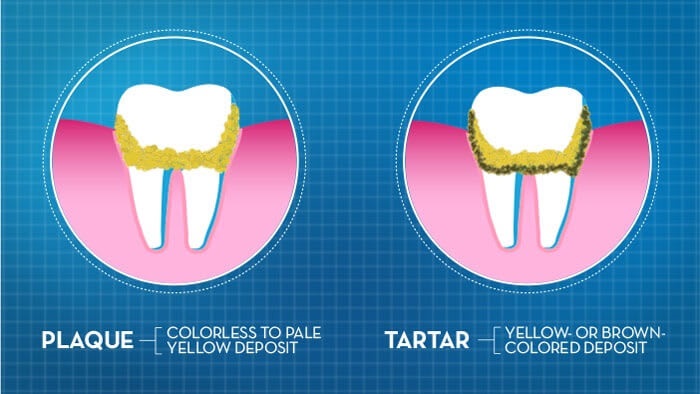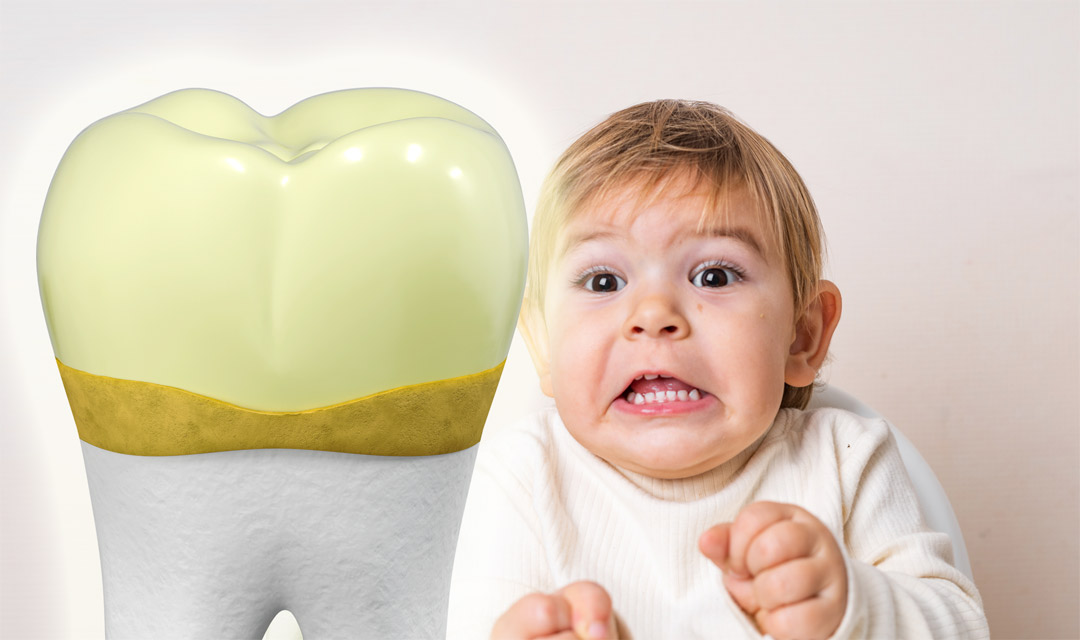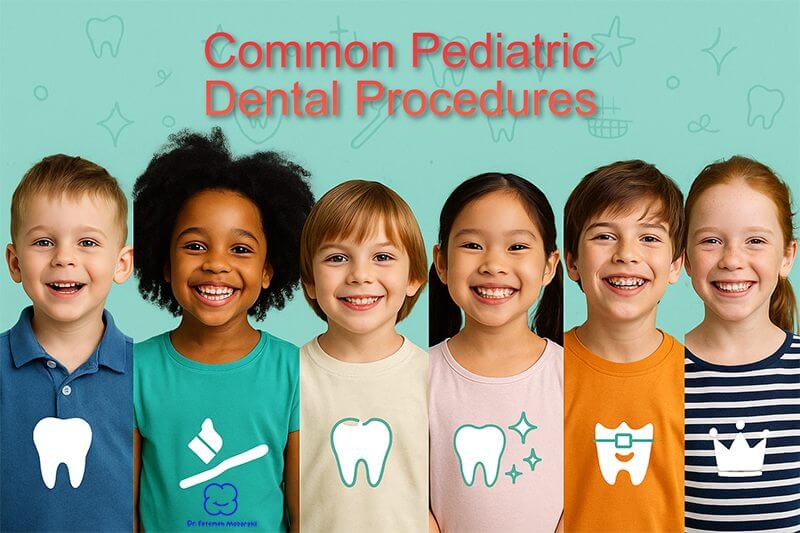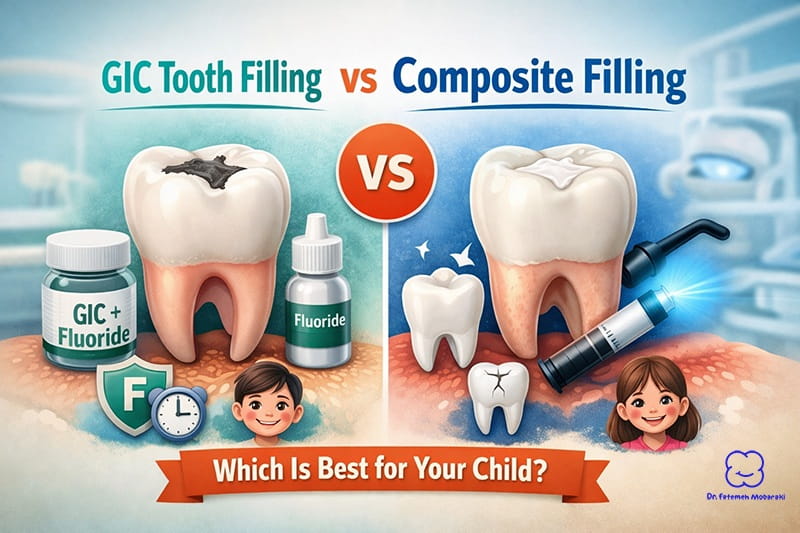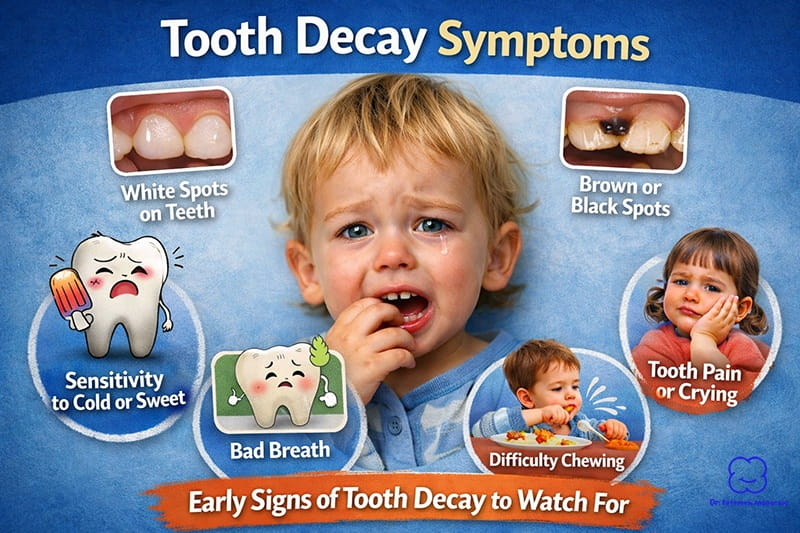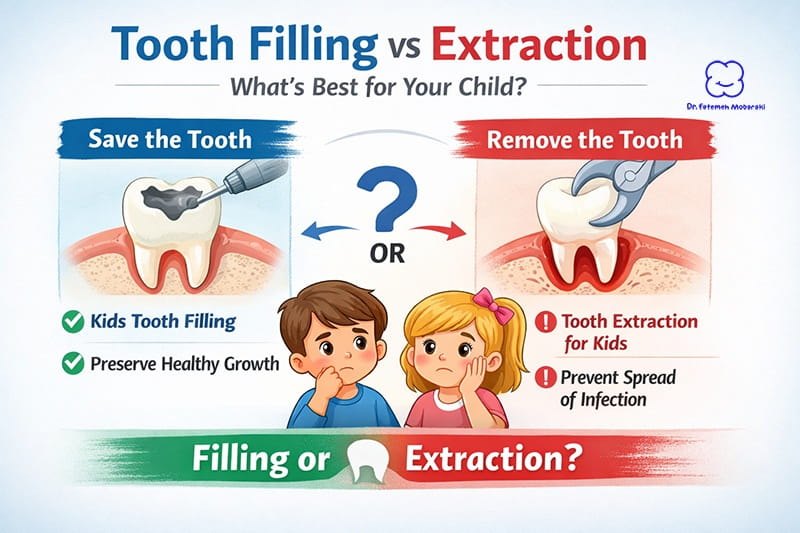Teeth grinding in children, also known as bruxism, is a common issue where kids clench or grind their teeth, often during sleep. This condition, also referred to as grinding teeth in sleep, can affect a child’s dental health and overall well-being. Understanding the causes, symptoms, and treatment options is crucial for managing bruxism effectively.
Causes of Teeth Grinding in Children
There are several potential causes of teeth grinding in children while sleeping:
- Stress and Anxiety: Emotional stress, such as worries about school or changes in the family, can trigger bruxism.
- Dental Problems: Misaligned teeth or an abnormal bite can cause a child to clench their jaw or grind their teeth.
- Sleep Disorders: Children with sleep disturbances, like sleep apnea, are more likely to experience teeth grinding.
- Response to Pain: Bruxism may occur as a response to pain from teething or ear infections.
- Hyperactivity: Children with high levels of energy or conditions like ADHD may be more prone to grinding their teeth.
Symptoms of Teeth Grinding in Children
Parents should be vigilant for signs of teeth grinding in children while sleeping:
- Audible grinding or clenching sounds during sleep
- Complaints of jaw pain, especially in the morning
- Frequent headaches or earaches
- Tooth sensitivity or unexplained tooth damage
- Disrupted sleep leading to daytime drowsiness
Potential Complications of Bruxism in Children
If teeth grinding in children is left unchecked, it can lead to several complications:
- Tooth Damage: Worn enamel, chipped teeth, and increased sensitivity are common issues.
- Jaw Problems: Chronic bruxism can lead to temporomandibular joint (TMJ) disorders.
- Sleep Disruption: Grinding teeth in sleep can result in poor sleep quality, affecting a child’s mood and concentration.
Managing and Treating Teeth Grinding in Children
Effective management of teeth grinding in children involves addressing the root cause and protecting the teeth:
- Night Mouth Guard for Grinding Teeth: A dentist may recommend a custom-fitted night mouth guard to protect the teeth from damage during sleep. This is especially useful in preventing wear and tear caused by bruxism.
- Addressing Stress: Reducing stress through relaxation techniques, a consistent bedtime routine, and open communication can help alleviate bruxism related to anxiety.
- Regular Dental Check-Ups: Routine visits to the dentist are essential for monitoring the effects of teeth grinding and ensuring timely intervention.
- Improving Sleep Hygiene: Establishing a calming bedtime routine and ensuring your child gets enough rest can reduce the frequency of grinding teeth in sleep.
- Physical Therapy and Exercises: In some cases, exercises to strengthen the jaw muscles or physical therapy may be recommended to alleviate bruxism.
Expert Insight
According to Dr. Fatemeh Mobaraki, the owner of a pediatric dentist clinic in Mirdif, Dubai, “Teeth grinding in children is often overlooked, but it’s important to address it early to prevent long-term damage. Custom-fitted night mouth guards are a highly effective way to protect a child’s teeth from the effects of bruxism, especially if they grind their teeth while sleeping. Regular dental check-ups are key to catching and managing this condition before it leads to more serious issues.”
When to Seek Professional Help
If your child shows persistent signs of teeth grinding, such as pain, disrupted sleep, or noticeable tooth damage, it’s important to consult a pediatric dentist. They can assess the severity of the bruxism and suggest appropriate treatments, such as a night mouth guard for grinding teeth, to protect your child’s dental health.
Conclusion
Teeth grinding in children is a condition that requires attention to prevent long-term dental issues. By understanding the causes and symptoms of bruxism, and utilizing tools like a night mouth guard for grinding teeth, parents can effectively manage and reduce the impact of this condition. Regular dental check-ups and addressing any underlying stress or sleep disorders are key steps in ensuring your child’s teeth remain healthy and strong.
For more information or to book a consultation with Dr. Fatemeh Mobaraki, visit our pediatric dentistry clinics in Mirdif and Jumeirah, Dubai.

